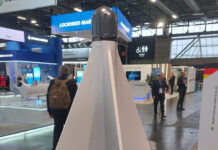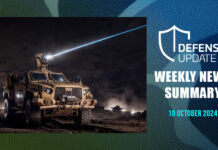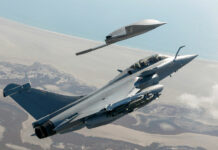The long process of the selection of the future 126 Medium Multi-Role Combat Aircraft (M-MRCA) for the Indian Air Force is reaching a crucial milestone today, with the opening of the two offers, submitted by the European consortium EADS offering the Eurofighter Typhoon and French company Dassault offering the Rafale. The request for proposal (RFP) for the acquisition worth over US$10.4 billion was originally issued in 2007.
If you are awaiting a clear cut who is the lowest bidder today, you will be disappointed. Opening the financial bids in the presence of the two vendors was only a formal act, with both companies realizing the unit price offered by the competitor. MoD is expected to enter a final price negotiation with both bidders to select the preferred supplier. The decision will count other factors such as the life-cycle cost and transfer of technology will also have to be factored inBased on the full offers, the Indian Ministry of Defense will evaluate the two bids, calculating who the lowest bidder (L1) is based on many parameters laid down in the RFP. After the decision is made, mandatory contract will be awarded to the lowest bidder. Another issue is the offset obligations each bidder will assume.
How much the preferred vendor will have to ‘reinvest’ (or buy back from India) is unclear. While the initial cost was US$10.4 billion, according to recent estimates, the current cost could be double that – around $20 billion, reflecting current currency exchange and realistic cost estimate of the two finalists, considered to be the most costly options among the original contenders the Financial Times. Since the Indian government has increased the offset obligations on this specific mega-deal from 30% to 50%, the winners’ offset obligations alone could mount to the entire cost of the original program.
Aircraft flyaway cost are expected to reflect the price charged for the 18 planes to be built by the supplier, and remaining 108 planes to be built by Hindustan Aeronautics (HAL) in India. The final amount should also reflect the induction process, in-country logistics and support sustaining the fighters through their operational life span.
The “unit flyaway cost” or “direct acquisition cost” of each fighter falls in the $80-$110 million bracket, much costlier than the American, Russian and Swedish jets earlier eliminated after exhaustive technical evaluation by IAF pilots, the Times of India reported, claiming unnamed officials mentioned the Eurofighter price was “higher” than the French fighter…
















